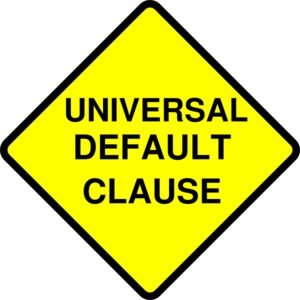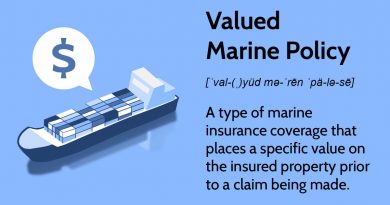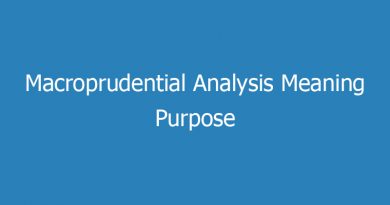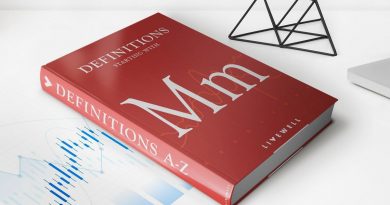Universal Default What It is How it Works Example

Contents
Universal Default: What It is, How it Works, Example
What Is Universal Default?
The term “universal default” refers to a provision in some credit cards’ cardholder agreements. According to this provision, the credit card company can increase the interest rate if the cardholder fails to make the minimum monthly payment.
Credit card companies can also increase the customer’s interest rate if they defaulted on another credit product, such as a car loan or a mortgage, even if that loan was from a different lender.
Key Takeaways
- Universal default is a provision in some credit card contracts.
- It allows credit card companies to raise interest rates if the customer defaults on any loans, including those from other lenders.
- Consumer protection limits how companies can issue rate increases.
How Universal Default Works
Historically, universal default provisions could increase interest rates on the full outstanding balance of credit card debt. Since the passage of the Credit Card Accountability, Responsibility, and Disclosure (CARD) Act in 2009, credit card companies can only increase interest rates on new purchases. This allows customers who fail to make minimum payments to continue paying off past purchases at their older and lower interest rate, making it easier to reduce debt.
The CARD Act did not prohibit universal default provisions but made them less costly for credit card users. Increased interest rates under universal default, known as the "default APR," are often 30% or more. Credit card companies must give customers 45 days’ notice before imposing this increased rate.
Customers should carefully review their cardholder agreements to understand the potential interest rates if they default. Failure to meet minimum payments can lead to sudden and significant increases in interest costs.
Example of Universal Default
Linda, a long-time credit card customer at XYZ Financial, obtained a car loan from ABC Leasing on January 1st. In March, she struggled to make her car loan payments and failed to make a complete payment.
In late April, XYZ Financial notified Linda that her interest rate would increase according to the universal default provision in her cardholder agreement. They explained that her risk profile had changed due to defaulting on the car loan the previous month.
Due to the CARD Act, XYZ cannot charge Linda the higher default APR on her existing credit card debts. However, the higher APR will apply to all new debts on the card. Linda should make every effort to always make her monthly credit card payments to avoid further burdening her with interest expenses.



